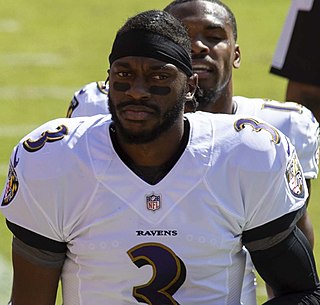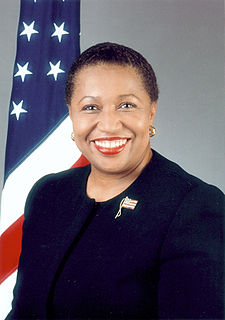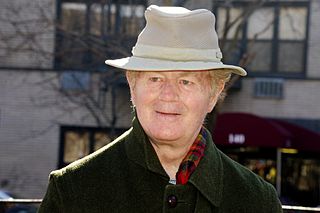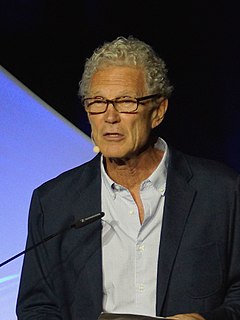A Quote by Phil Klay
Less than 1 percent of American have served in 12 years of war, and serious public conversation about military policy is sorely lacking.
Related Quotes
Yes and no. Because America has only about 1 percent of the population serving in the military, it is hard for many civilians to understand the sacrifices military families make. However, my experience is that after the Vietnam War, the public learned that they should support the military whether or not they support the war. You've seen that outpouring of support for the veterans of both Iraq and Afghanistan.
It is a key fact about American policy in Vietnam that the withdrawel of American troops was built into it from the start. None of the presidents who waged war in Vietnam contemplated an open-ended campaign; all promised the public that American troops would be able to leave in the not-too-remote future. The promise of withdrawel precluded a policy of occupation of the traditional colonial sort, in which a great power simply imposes its will on a small one indefinitely.
We're the highest taxed nation in the world. Our middle class is just reeling from the taxes. And you know, if you think about it, the middle class and the workers of this country, who really built the country, they haven't had a raise in 12 years. They're making less now actually - to be even worse about it, they're making less now than they did 12 years ago.
The obsessive focus on a college degree has served neither taxpayers nor students well. Only 35 percent of students starting a four-year degree program will graduate within four years, and less than 60 percent will graduate within six years. Students who haven't graduated within six years probably never will.
You know, our country's being ripped apart. And let me tell you, this is largely an economic issue, too. You know that workers, hard-working people, middle class people, haven't had a salary increase effectively in 12 years, all right? So for 12 years, they're making less now in many cases than they made 12 years ago.





































